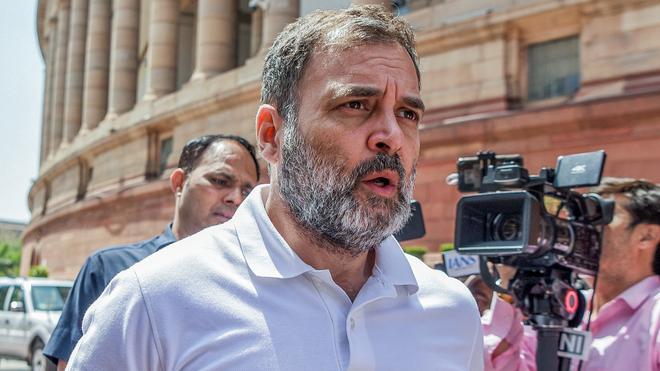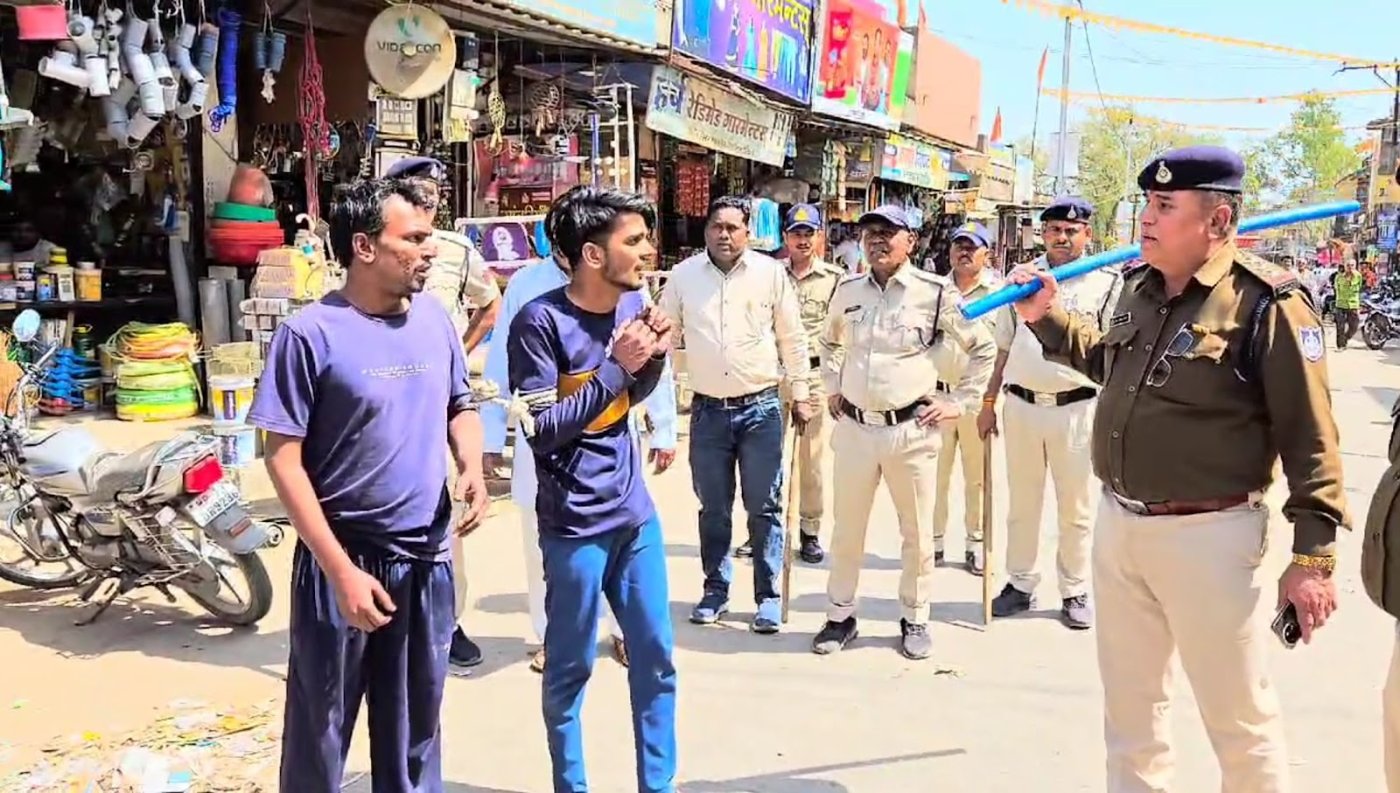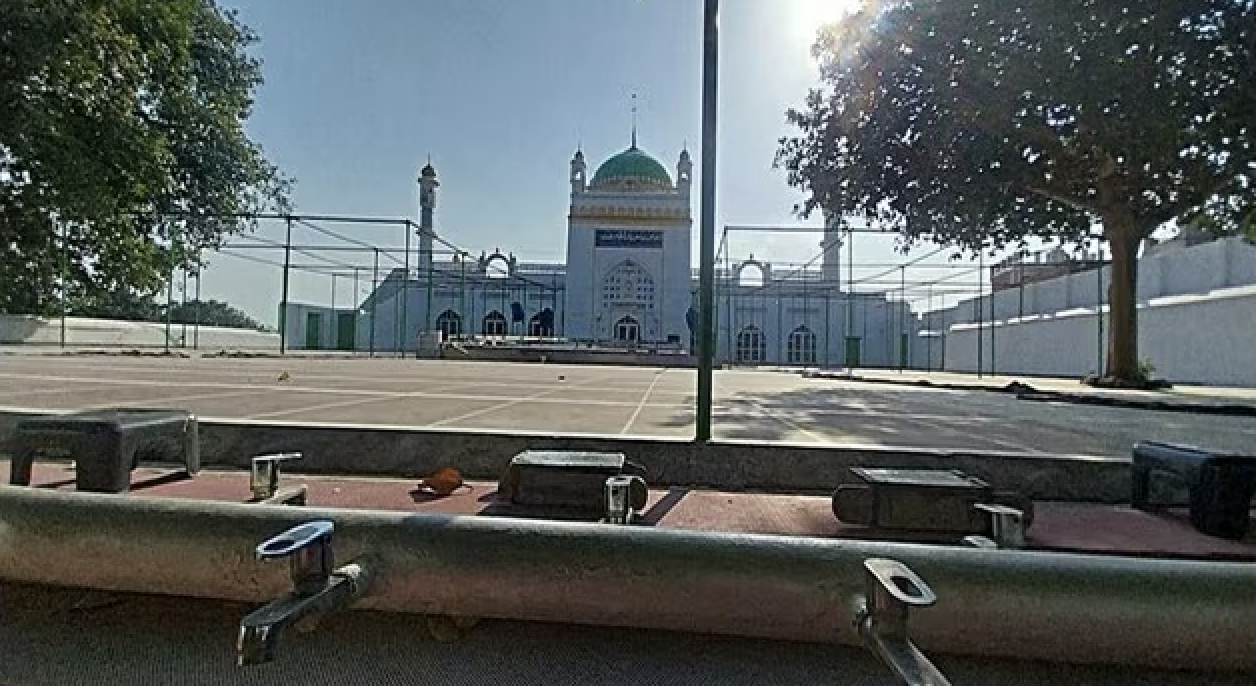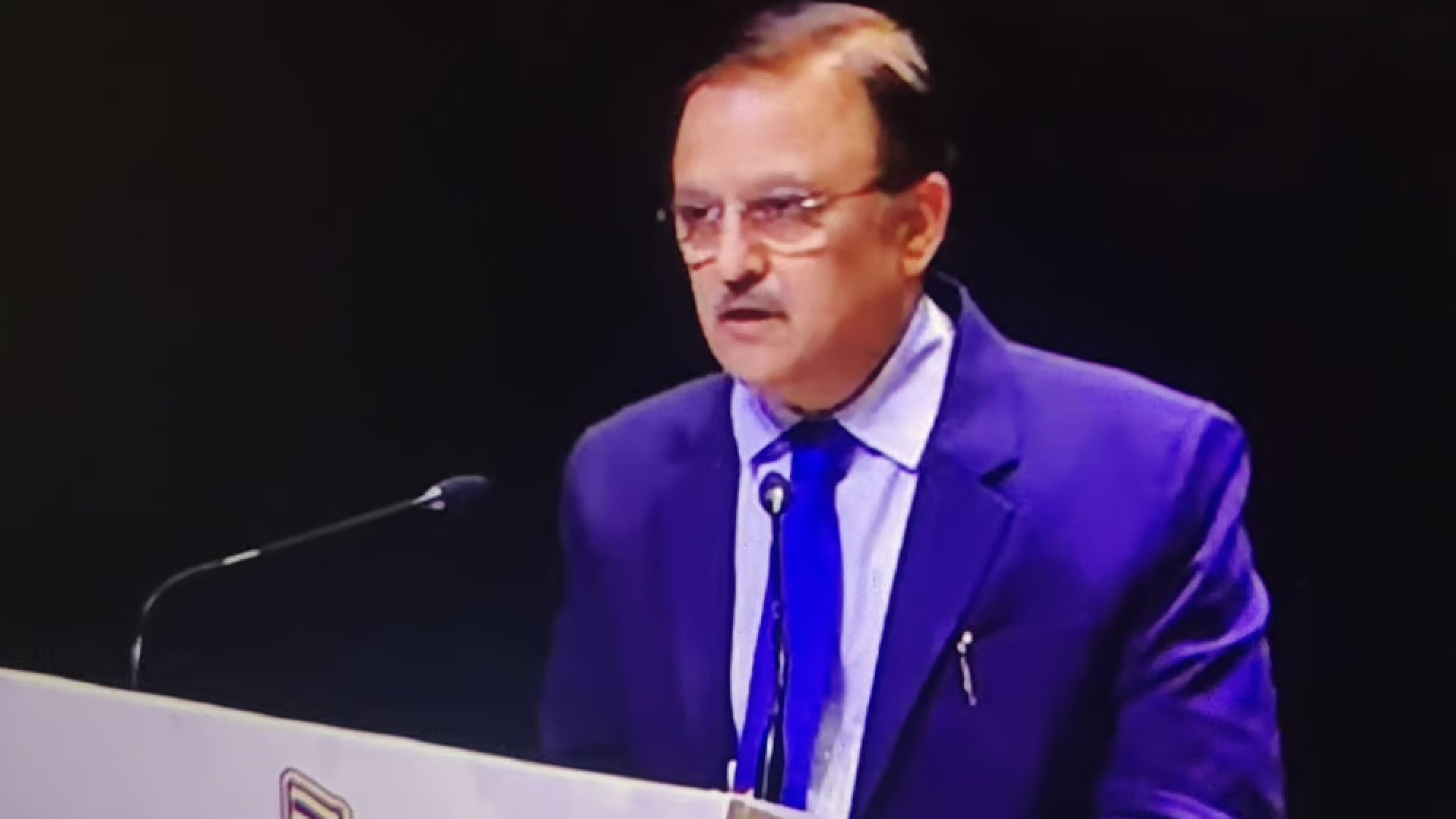By ASHUTOSH SHARMA/ Frontline Thehindu
On July 28, agitated members of the Muslim Gujjar-Bakarwal tribe of pastoralists converged on a bridge over the Tawi river in Jammu along with their livestock and staged a demonstration against the Central government’s move to include the “Pahari Ethnic Group” in the Scheduled Tribe (ST) list through The Constitution (Jammu and Kashmir) Scheduled Tribes Order (Amendment) Bill, 2023.
The government introduced the Bill in the Lok Sabha on July 26. The Pahari Ethnic Group and three other communities—“Gadda Brahmin”, “Koli”, and “Paddari Tribe”—will be included in the Union Territory’s Scheduled Tribes list if the Bill is passed. The protesters claimed that the move was a direct attack on their hard-won constitutional rights.
The “Pahari Ethnic Group” is a social conglomeration of over 50 communities with heterogeneous and overlapping identities, including so-called upper-caste Muslims, Hindus, and Sikhs. The Paharis inhabit Rajouri, Poonch, Kupwara, and Baramulla districts that sit on the Line of Control (LoC). Perhaps why some security experts have cautioned that the alienation of the Gujjar-Bakarwals could trigger ethnic conflict and even resurgence of militancy in the region.
This story was originally published in frontline.thehindu.com. Read the full story here






